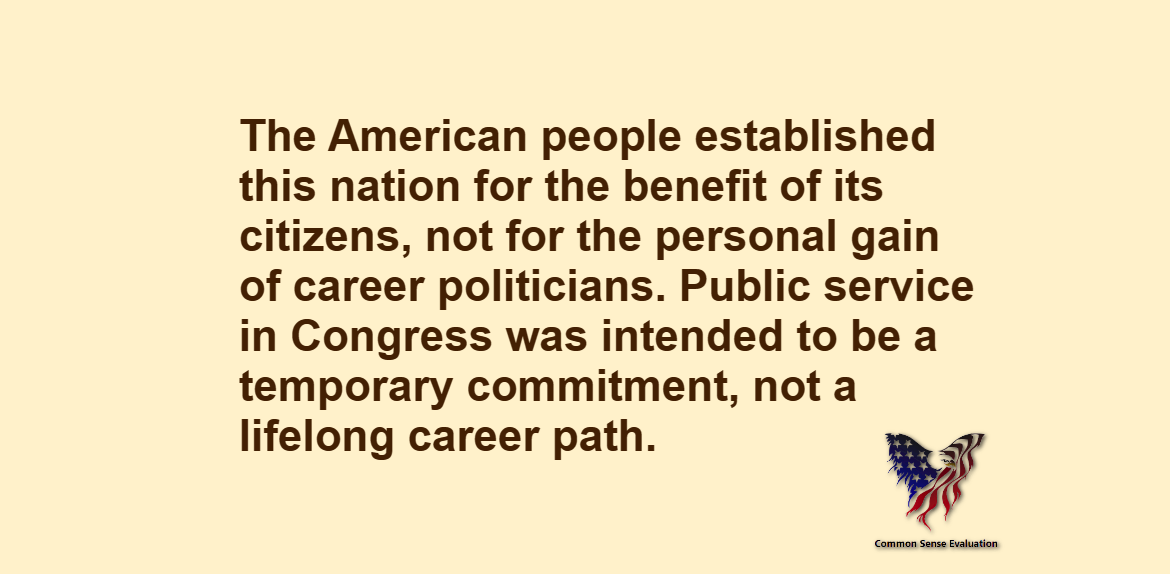I went to the bank yesterday to withdraw $10,000.00. The bank teller said to me that I can’t withdraw that much money.
I asked why not.
The teller said that I only have $937 in my account.
I asked what does that matter.
The teller said you can’t withdraw $10,000.00 if you only have $937 in your account.
I said I don’t understand because the government is $34,000,000,000,000.00 in Debt, and it can still take out billions of dollars and give it to other countries even though the government doesn’t have the money.
The bank teller stated that the government can just print more money.
I said ok and left.
I went home and printed this and went back to the bank and gave them this bill and said I wanted all $100’s and two $50’s.
If the government can do it, so can I.




